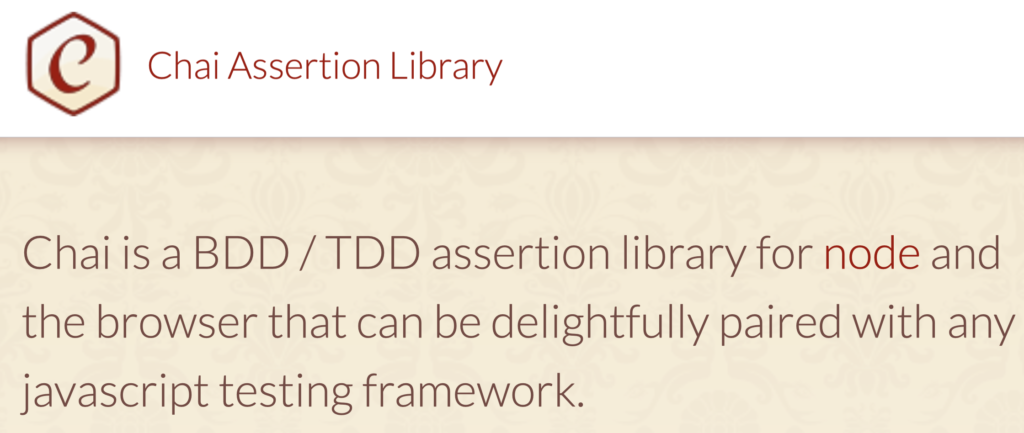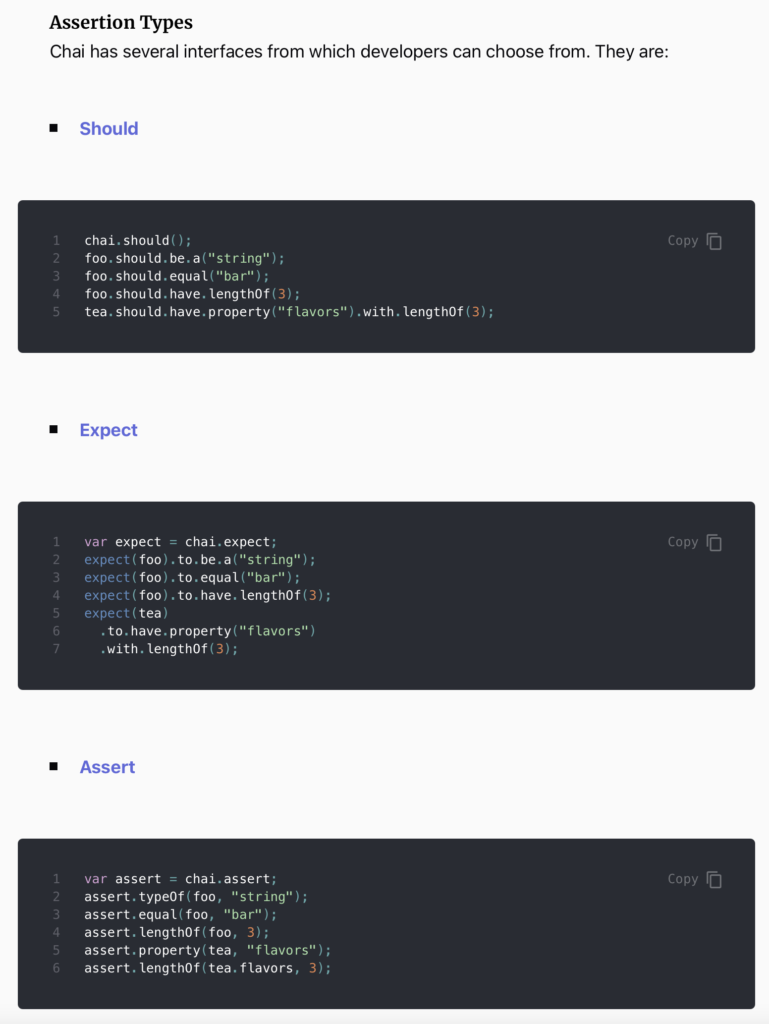Example 1
const mockedPutObject = jest.fn();
jest.mock('@aws-sdk/client-s3', () => {
return {
S3: jest.fn(() => ({
putObject: () => mockedPutObject()
}))
}
});
Example 2
jest.mock('uuid', () => ({ v4: () => '00000000-0000-0000-0000-000000000000' }));
Example 3
jest.mock('uuid');
const mockedUuidv4 = uuidv4 as jest.Mock;
mockedUuidv4.mockReturnValue('00000000-0000-0000-0000-000000000000');
Example 4
const mockedAjvValidate = jest.fn().mockReturnValue(true);
jest.mock('ajv', () => {
return jest.fn(() => ({
compile: () => () => mockedAjvValidate()
}))
});
Example 5
jest.mock('moment', () => () => ({ format: () => '30-12-2021' }));
Example 6
import { v4 as uuid } from 'uuid';
export interface IEvent {
id?: string;
eventType: string;
data: any;
}
export interface IEventRepository {
getEvent(id: string): IEvent | undefined;
setEvent(event: IEvent): IEvent;
}
const createEvent = (event: IEvent): IEvent => ({ id: uuid(), ...event });
export class EventRedisRepository implements IEventRepository {
constructor(private events: Array<IEvent> = []) { }
getEvent(id: string): IEvent | undefined {
return this.events.find(item => item.id === id);
}
setEvent(event: IEvent): IEvent {
const newEvent: IEvent = createEvent(event);
this.events.push(newEvent);
return newEvent;
}
}
export class EventCosmosDbRepository implements IEventRepository {
constructor(private events: Array<IEvent> = []) { }
getEvent(id: string): IEvent | undefined {
return this.events.find(item => item.id === id);
}
setEvent(event: IEvent): IEvent {
const newEvent: IEvent = createEvent(event);
this.events.push(newEvent);
return newEvent;
}
}
import { Persister } from '../src';
import { EventRedisRepository, EventCosmosDbRepository, IEventRepository, IEvent } from './sample';
const mockedRedisGetEvent = jest.fn();
const mockedRedisSetEvent = jest.fn();
const mockedCosmosdbGetEvent = jest.fn();
const mockedCosmosdbSetEvent = jest.fn();
jest.mock('./sample', () => {
return {
EventRedisRepository: jest.fn(() => ({
getEvent: () => mockedRedisGetEvent(),
setEvent: () => mockedRedisSetEvent(),
})),
EventCosmosDbRepository: jest.fn(() => ({
getEvent: () => mockedCosmosdbGetEvent(),
setEvent: () => mockedCosmosdbSetEvent(),
})),
}
});
const eventRedisRepository = new EventRedisRepository();
const eventCosmosdbRepository = new EventCosmosDbRepository();
const module_name = `${Persister.name}`;
describe(`${module_name} Test`, () => {
it('should call setEvent function in both persisters', () => {
const eventPersister = new Persister<IEventRepository>([eventRedisRepository, eventCosmosdbRepository]);
const eventId = '4e0c71bb-eedf-43dd-b9a1-911a7ed6d74f';
const newEvent: IEvent = { id: eventId, eventType: 'Submission', data: {} };
eventPersister.set('setEvent', op => op(newEvent));
expect(mockedRedisSetEvent).toHaveBeenCalledTimes(1);
expect(mockedCosmosdbSetEvent).toHaveBeenCalledTimes(1);
});
});
Example 6 – updated and short version
import { Persister } from '../src';
import { EventRedisRepository, EventCosmosDbRepository, IEventRepository, IEvent } from './sample';
import { mocked } from 'jest-mock'
jest.mock('./sample');
const eventRedisRepository = new EventRedisRepository();
const eventCosmosdbRepository = new EventCosmosDbRepository();
const mockedEventRedisRepository = mocked(eventRedisRepository, true);
const mockedEventCosmosdbRepository = mocked(eventRedisRepository, true);
const module_name = `${Persister.name}`;
describe(`${module_name} Test`, () => {
it('should call setEvent function in both persisters', () => {
const eventPersister = new Persister<IEventRepository>([eventRedisRepository, eventCosmosdbRepository]);
const eventId = '4e0c71bb-eedf-43dd-b9a1-911a7ed6d74f';
const newEvent: IEvent = { id: eventId, eventType: 'Submission', data: {} };
eventPersister.set('setEvent', op => op(newEvent));
expect(mockedEventRedisRepository.setEvent).toHaveBeenCalledTimes(1);
expect(mockedEventCosmosdbRepository.setEvent).toHaveBeenCalledTimes(1);
});
});

